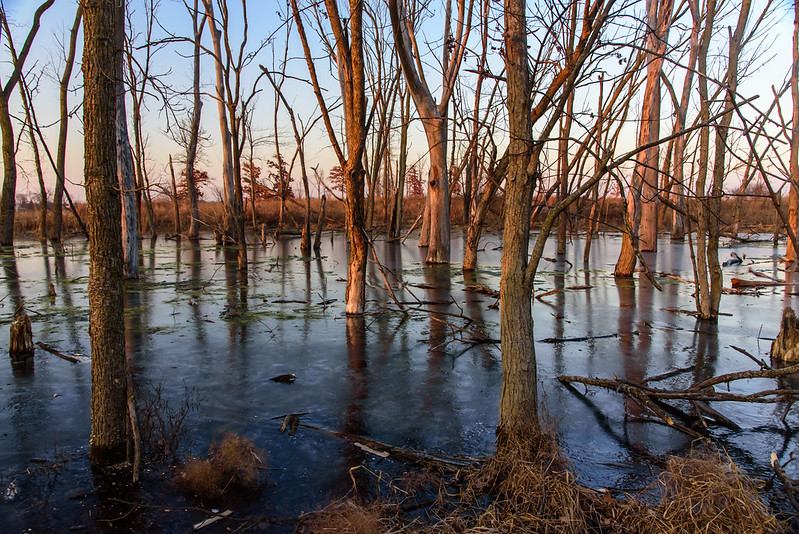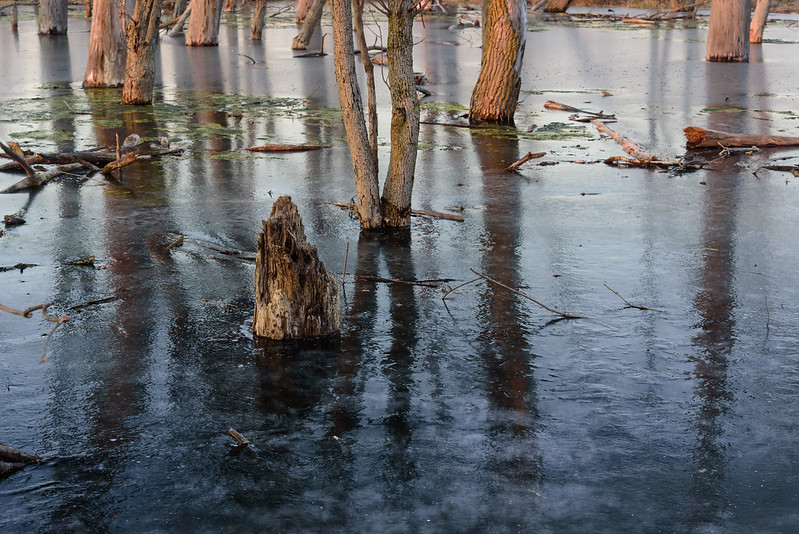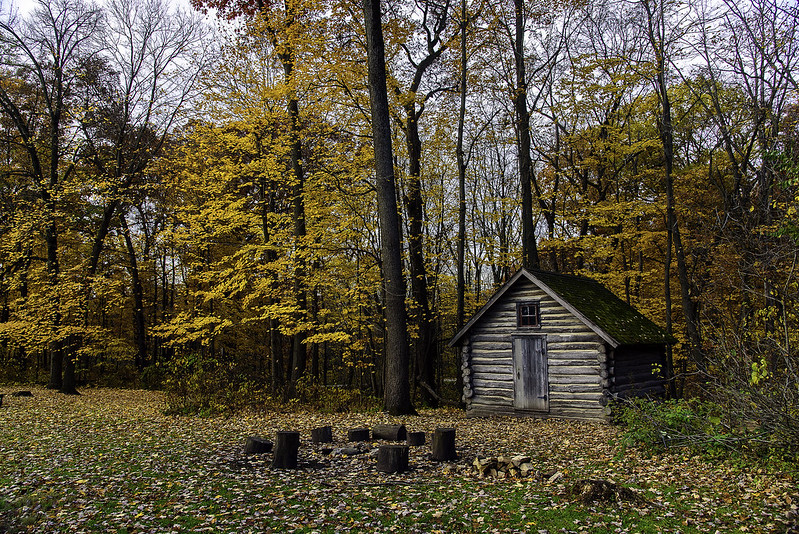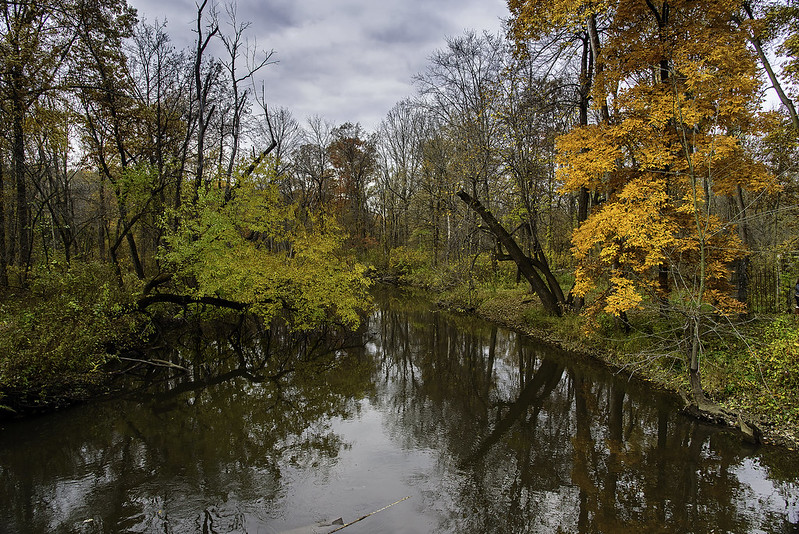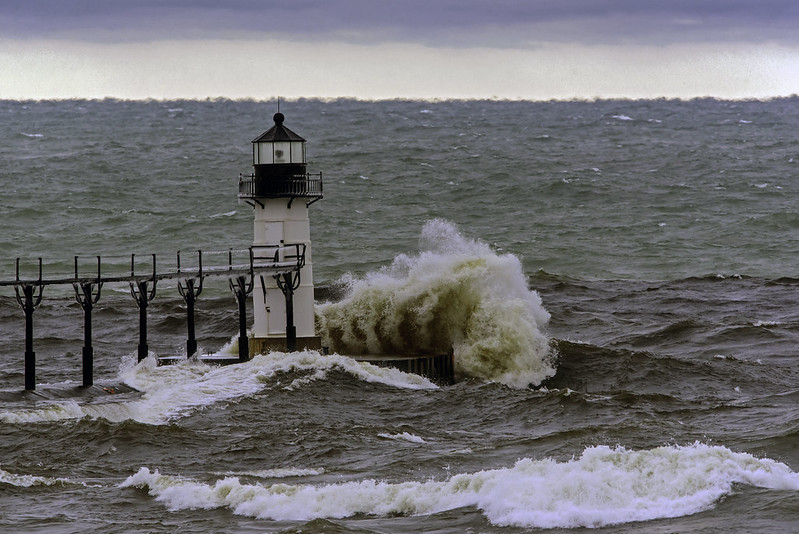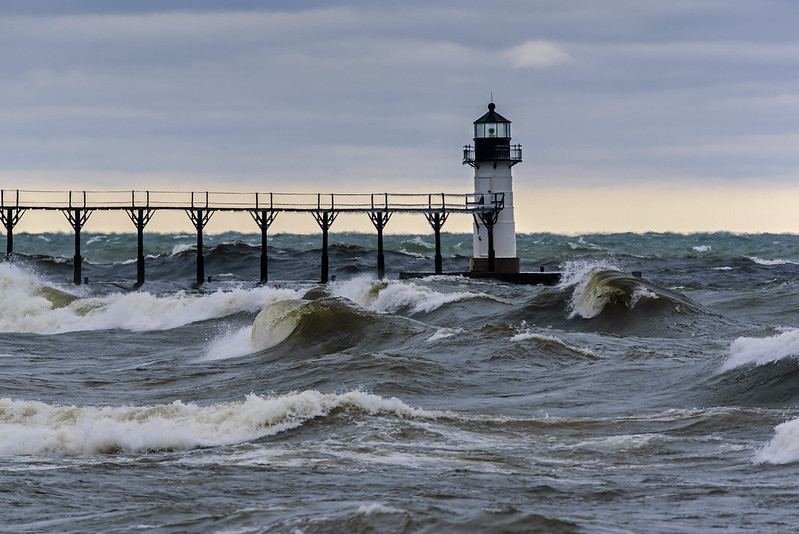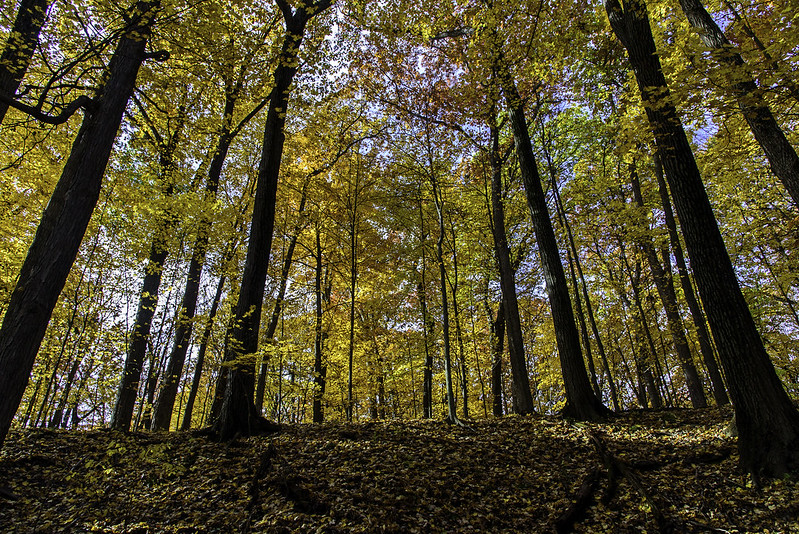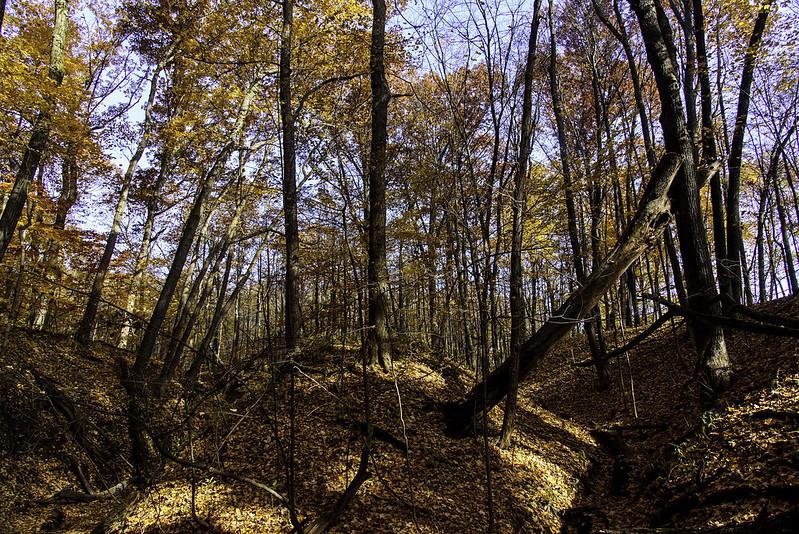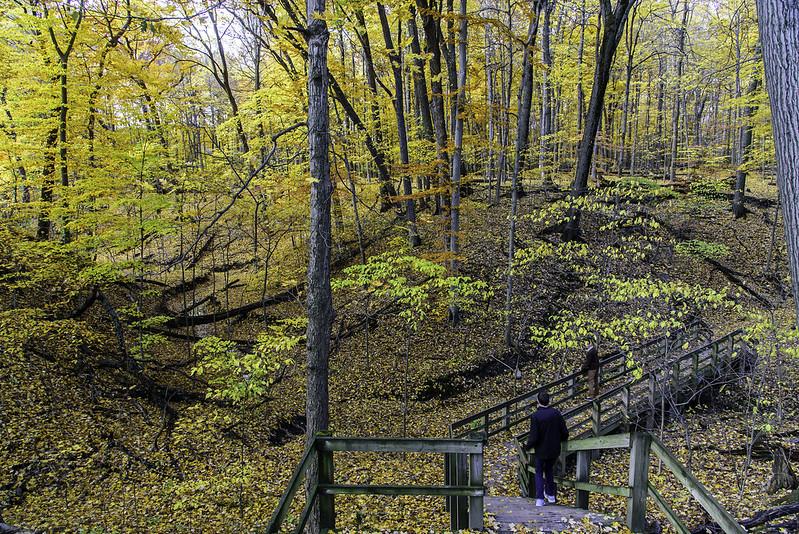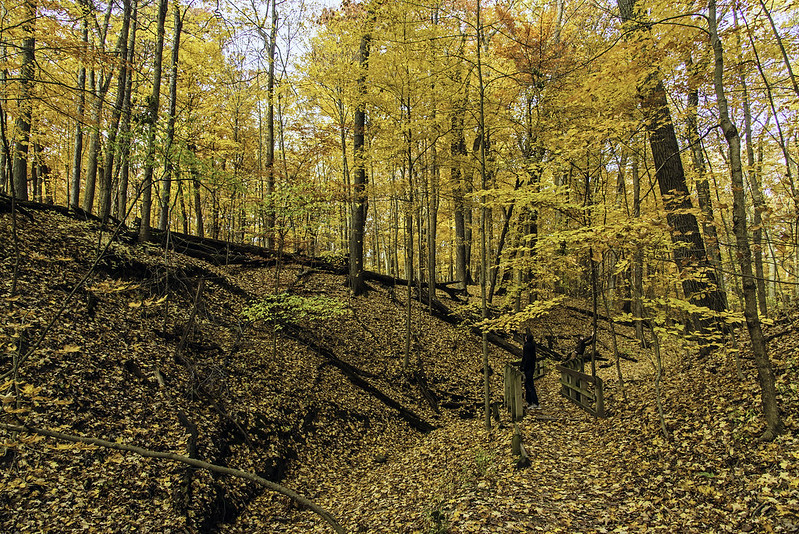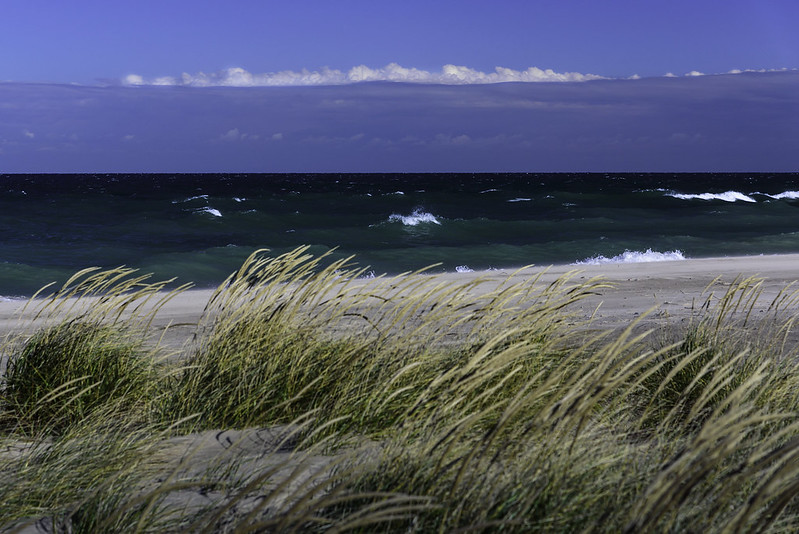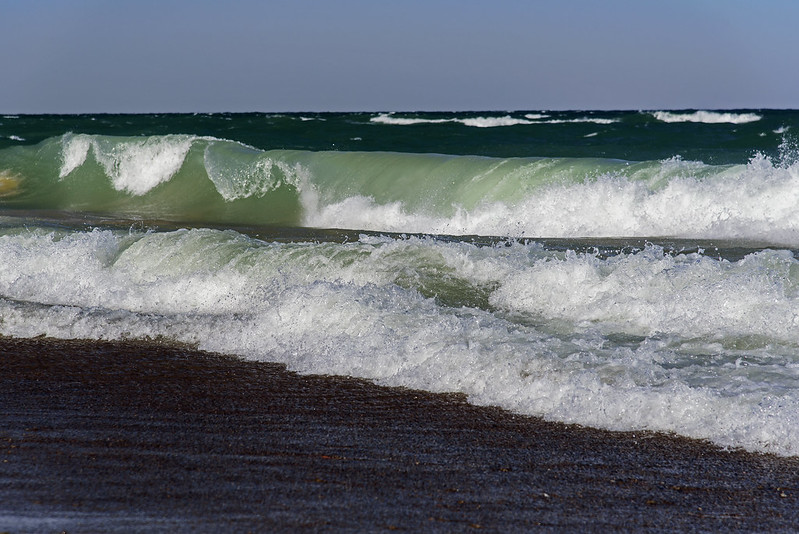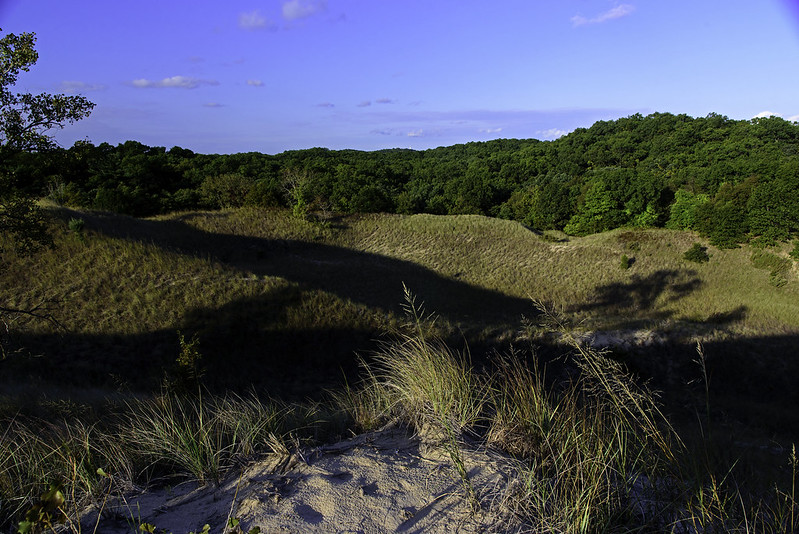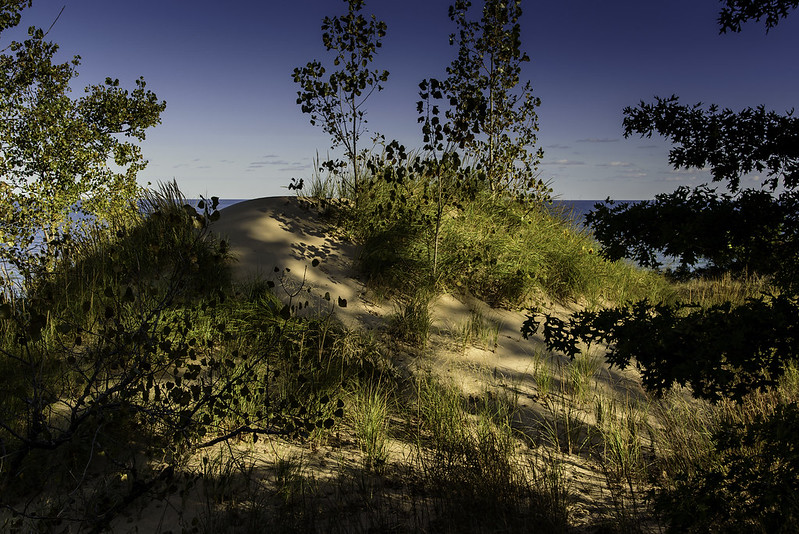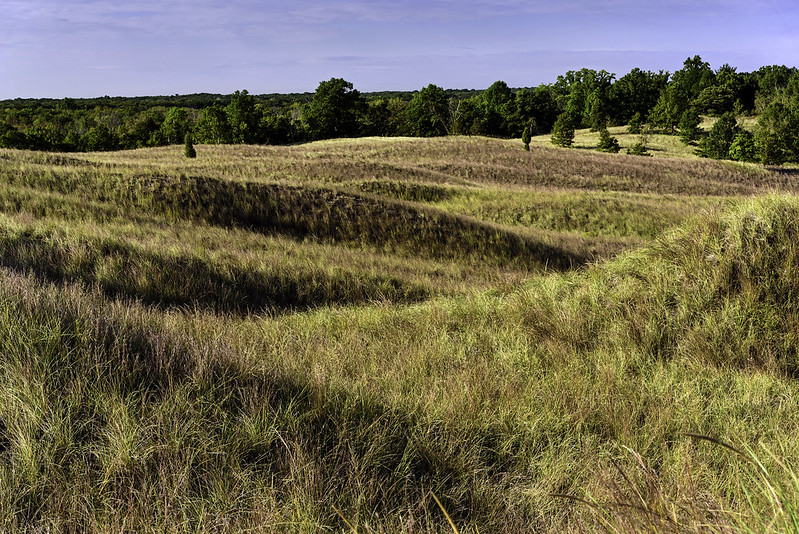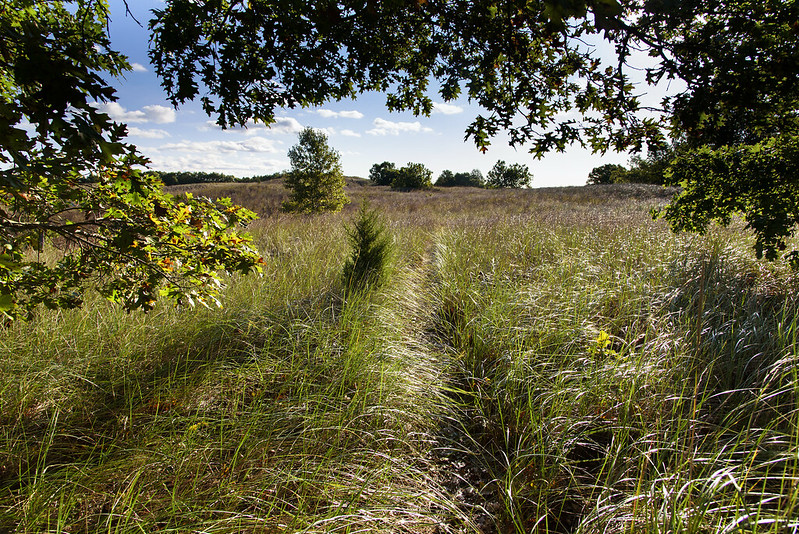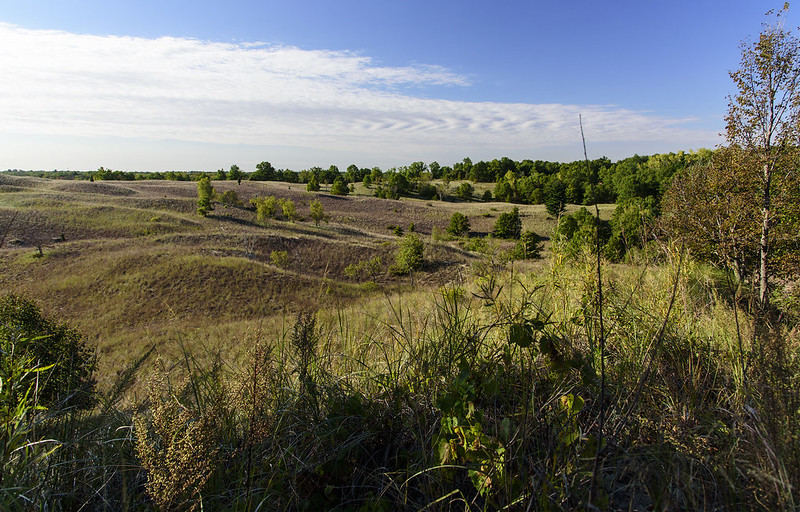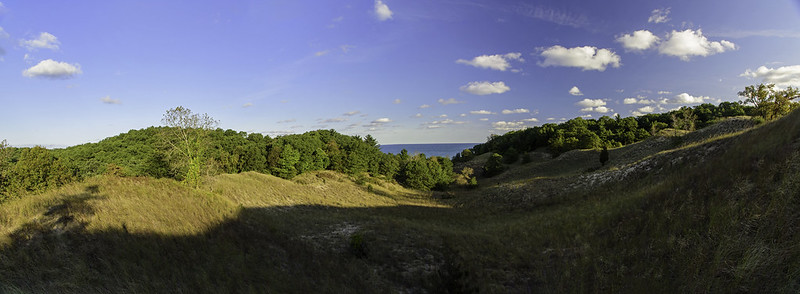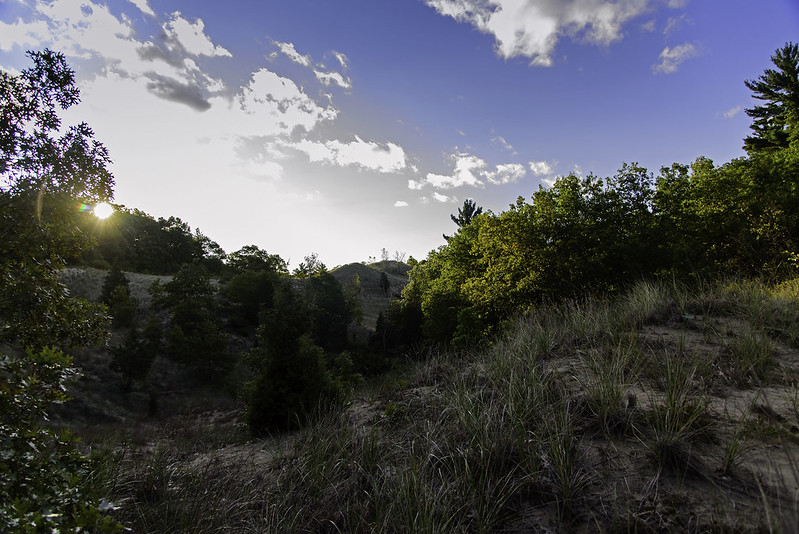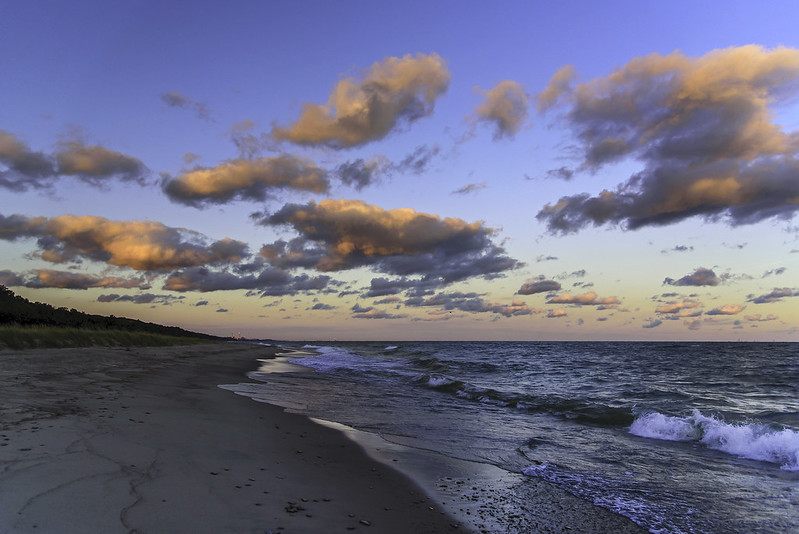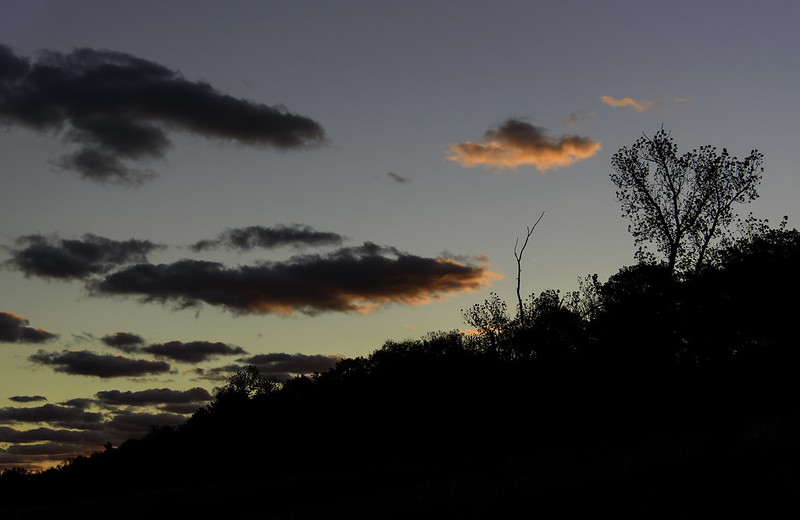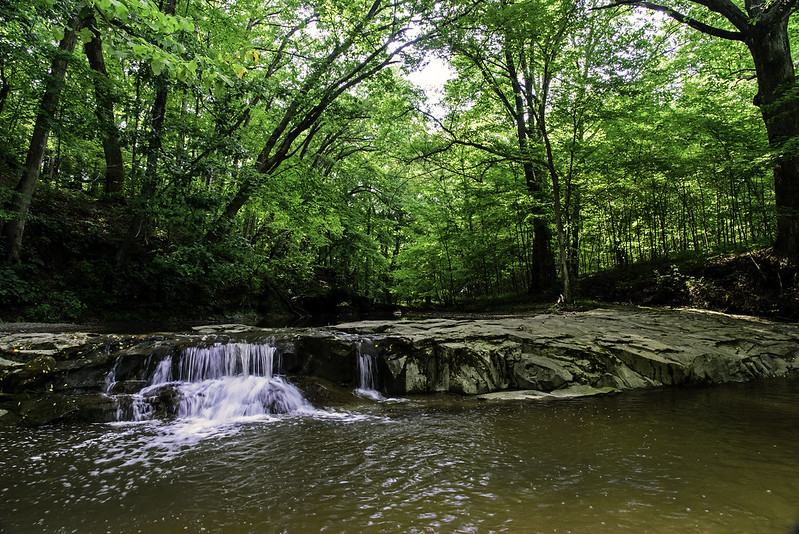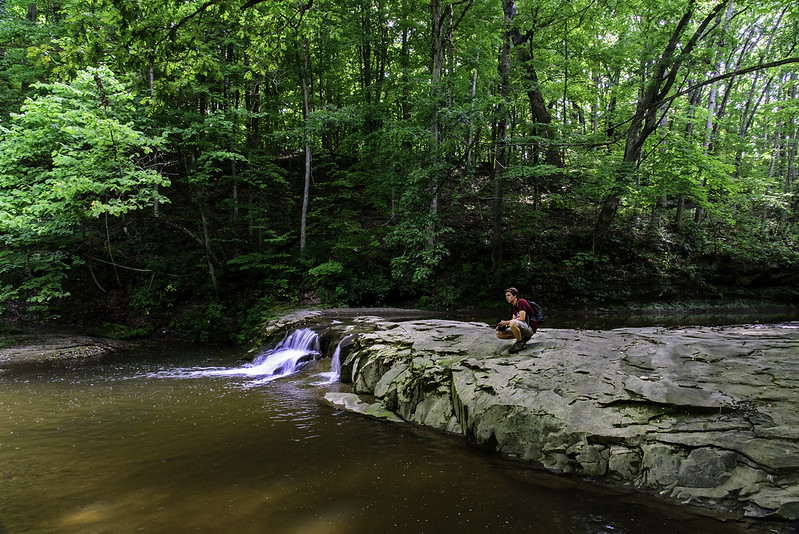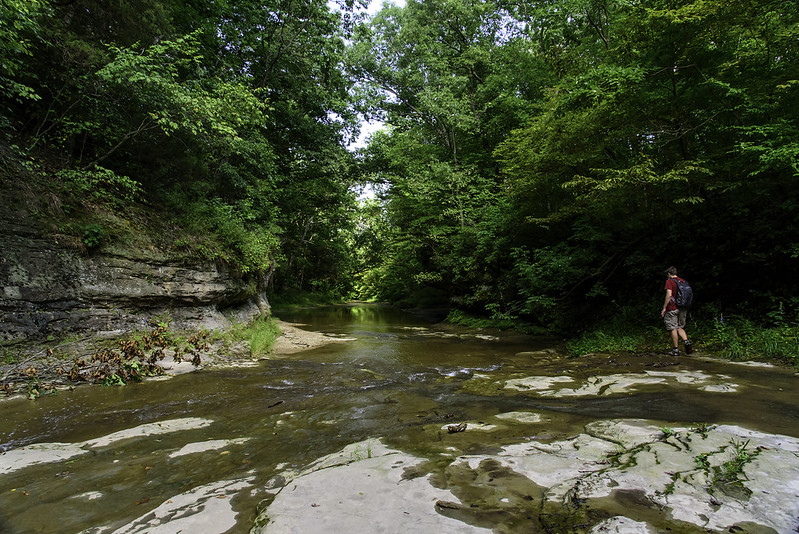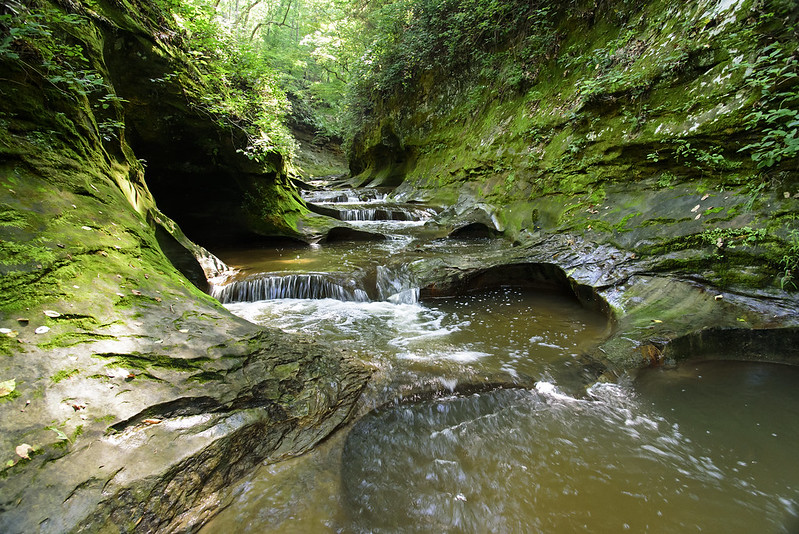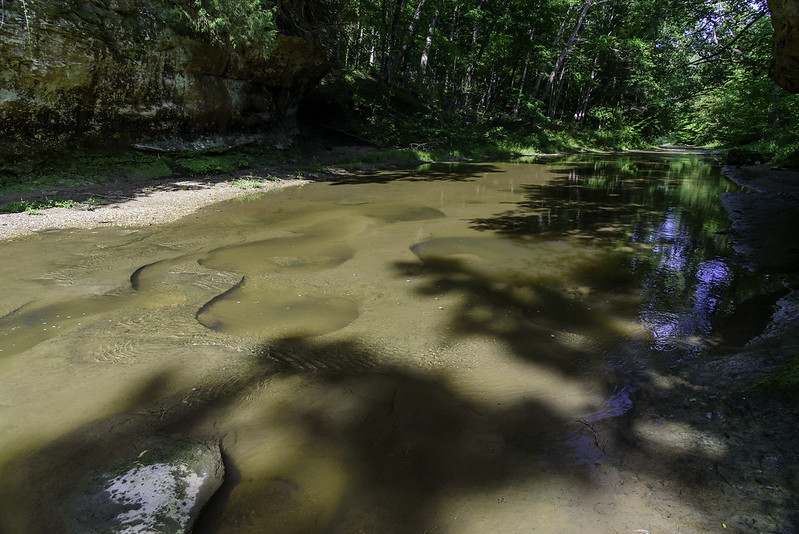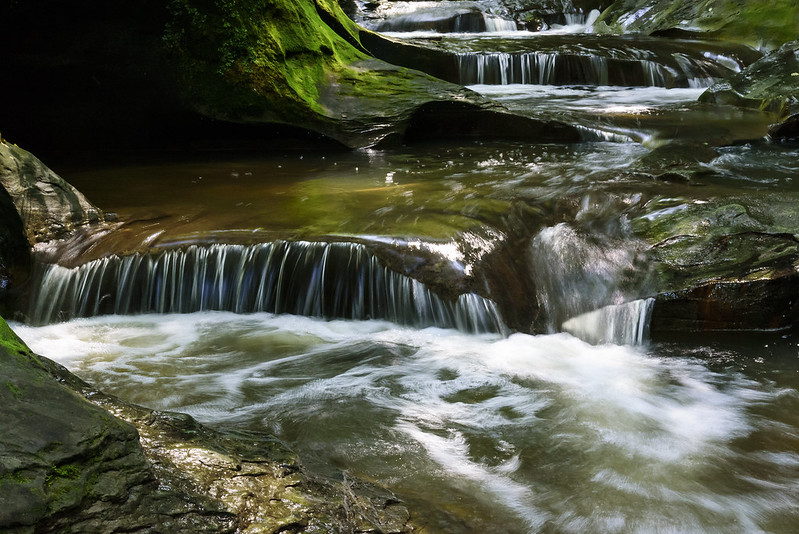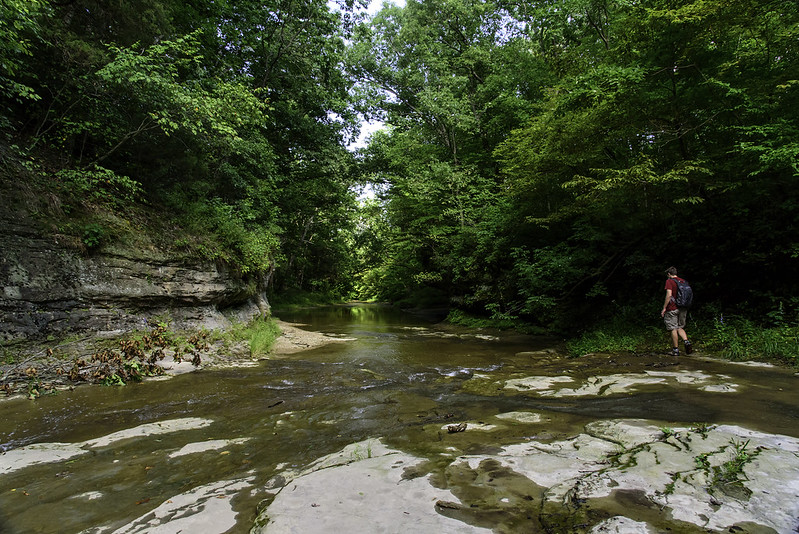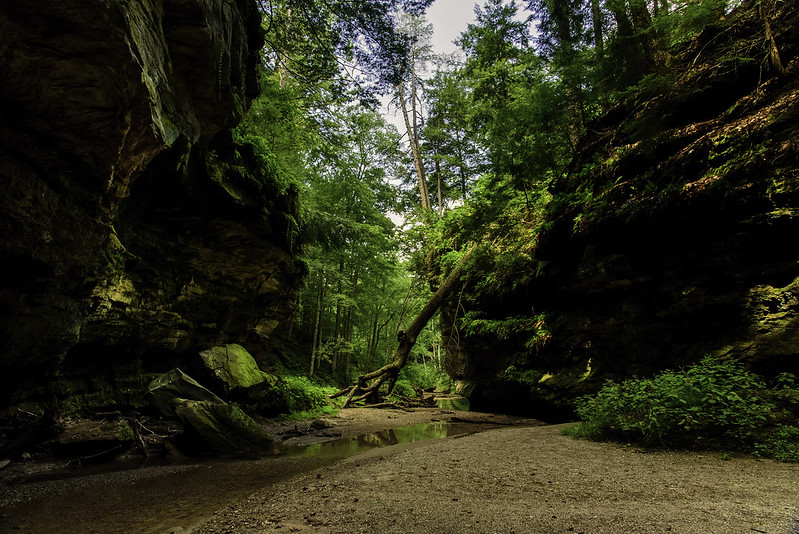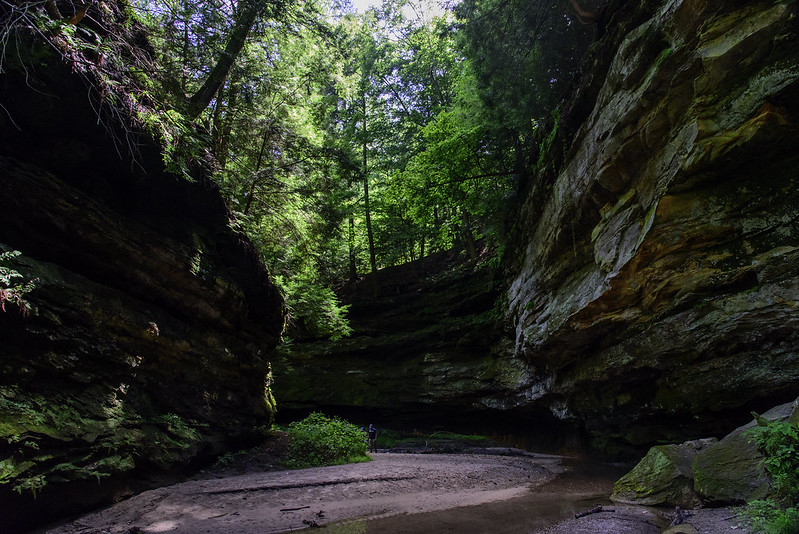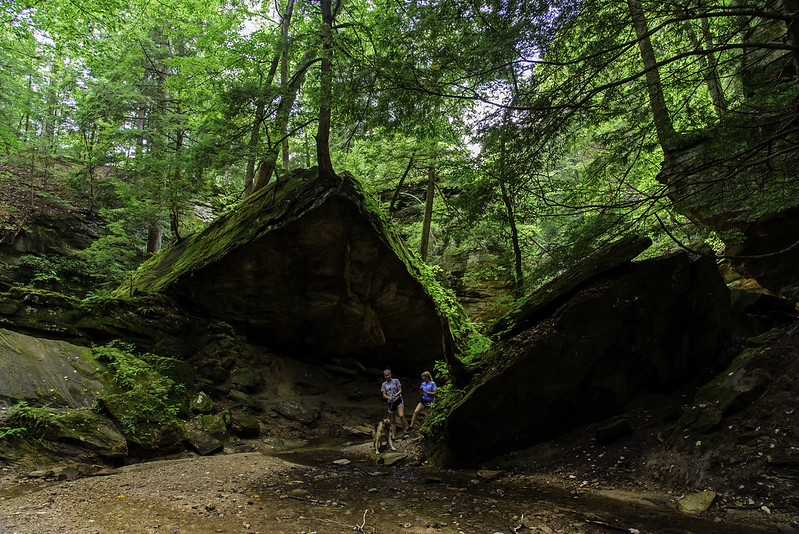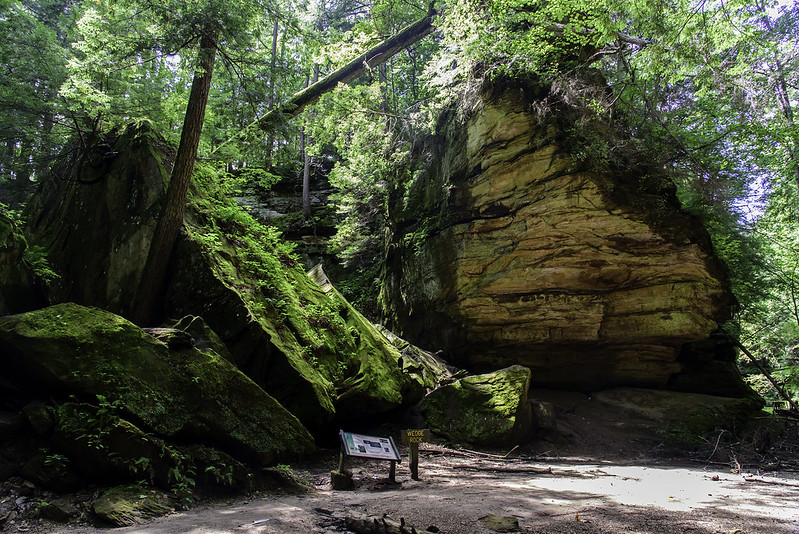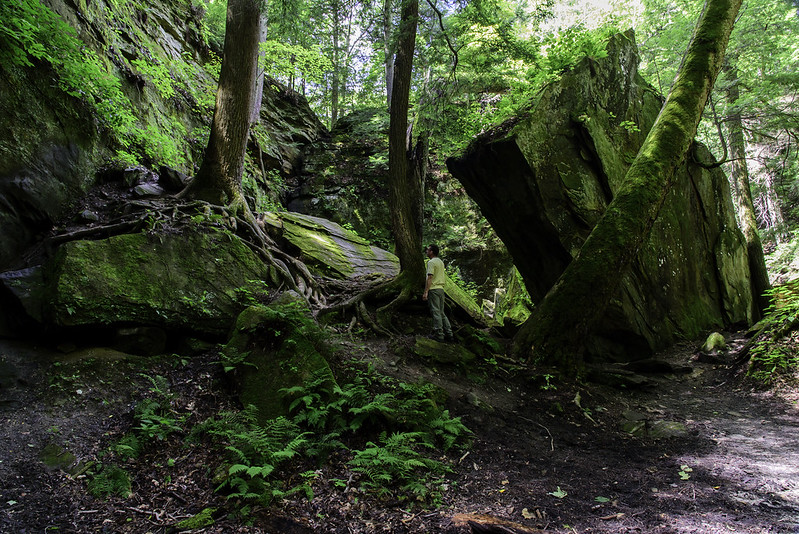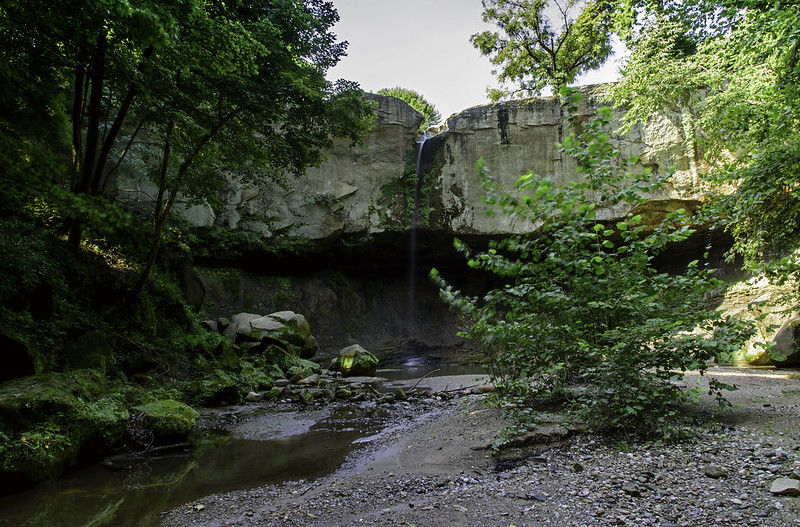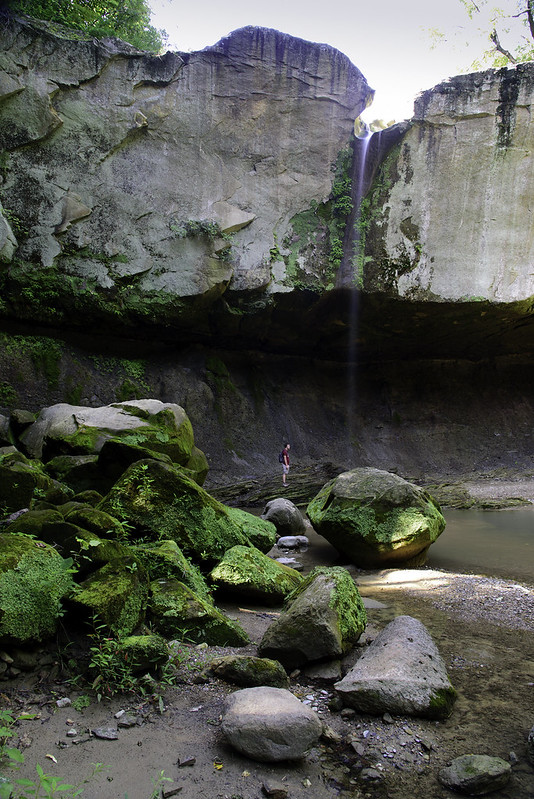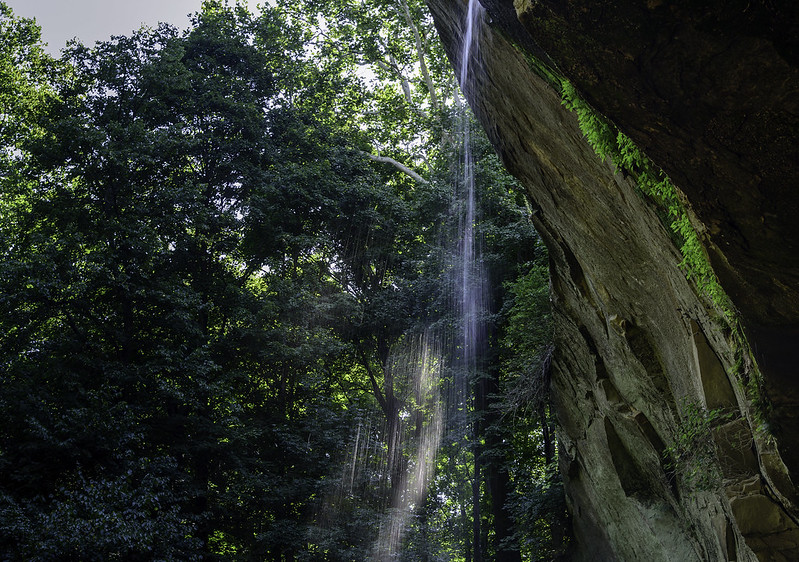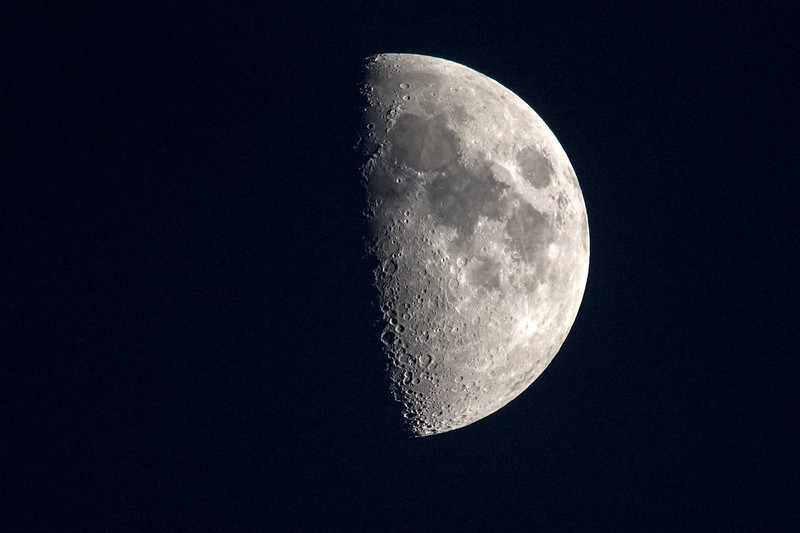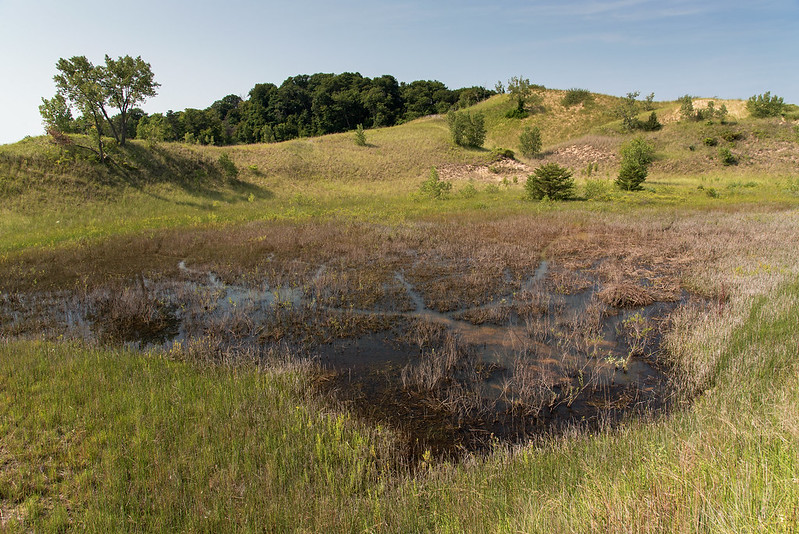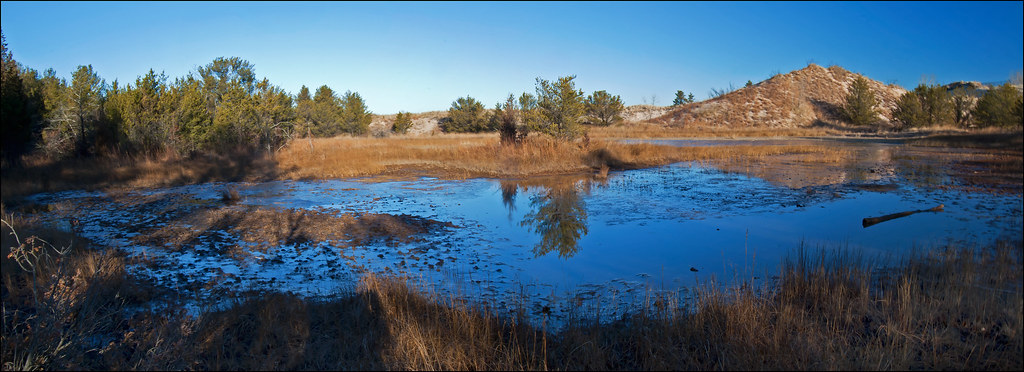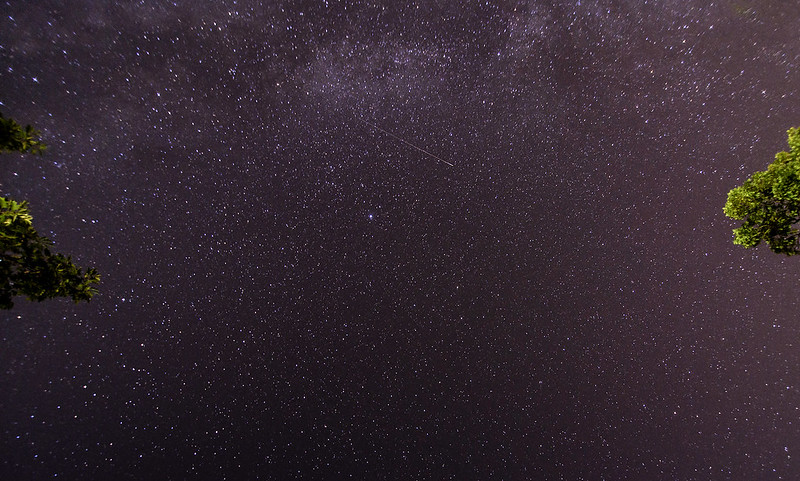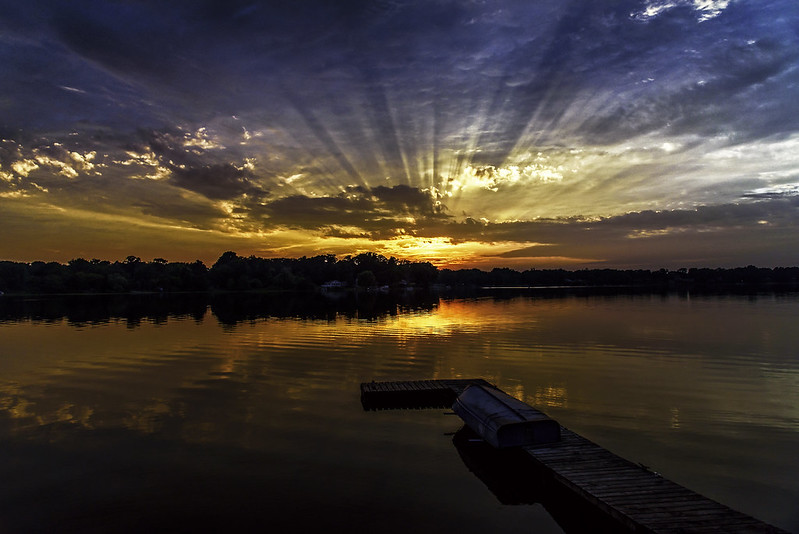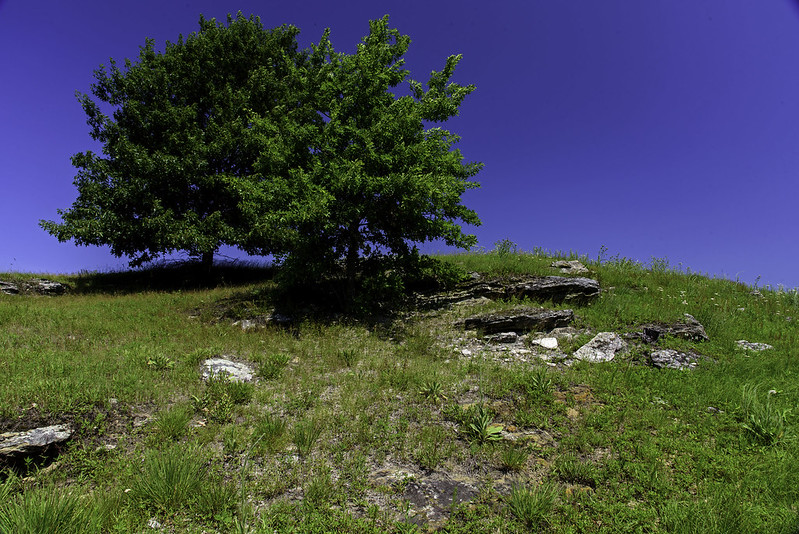
Just outside of Franklin Grove, Illinois, and a few miles from Dixon, lies 3600 acres of Illinois prairie. Much of it is in the process of restoration, but there are many rare remnants of natural prairie, savanna, and wetlands withing the boundaries.
Volunteers work to remove non-native species of plants from the grassland, and also plant native prairie plants and flowers. Visiting Nachusa gives visitors a glimpse back into Illinois natural history, before agriculture and the introduction of European and other non-native plants. This is what the real prairie was, and IS.
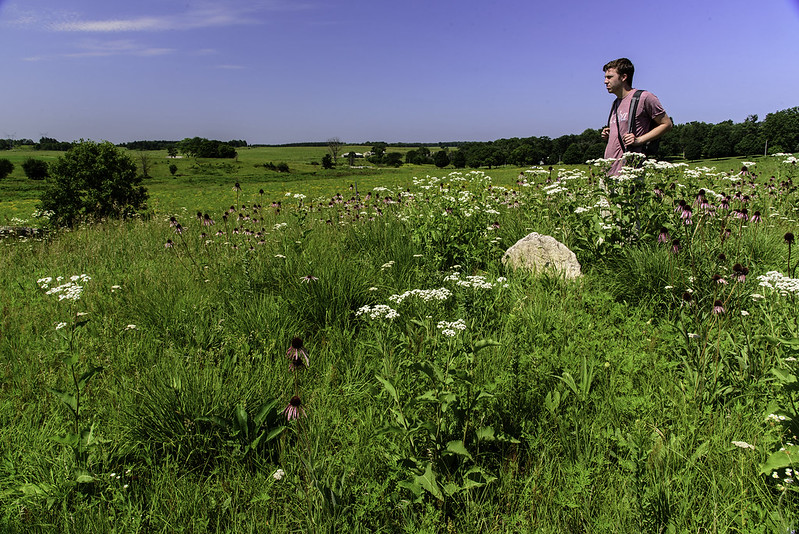
I have to admit, at first I was a bit lukewarm to the thought of exploring a prairie. I can think of flowers, bugs, and birds as subjects for photography, but not much else. After reading a bit about the prairie restoration, and realizing this wasn't like any "prairie" I've seen before, I was intrigued. Many of the plants I've come to think were prairie plants were actually invasive, and absent from Nachusa. I began to appreciate the prairie a lot more without these tall, spiny weeds I see everywhere else.
Another strong motivating factor was the fact that Nachusa allows - actually encourages- visitors to explore on the trails AND OFF. You can go where you want. If you wish to walk through the 4 foot tall plants to see the rocky hill, go ahead. They even encourage you to wade or swim in the creeks along some of the trails. Where else can you do that?!
Most state parks discourage and fine visitors for wandering off the trail - this is so refreshing. My son had the right response to allowing people to walk anywhere in the prairie: "Two feet walking through the prairie will do a lot less damage than the bison that roam here." And there are bison here, around 100. The bison areas and the crumbling rocks are the only places off limits to visitors - that makes sense, it's for their own safety.
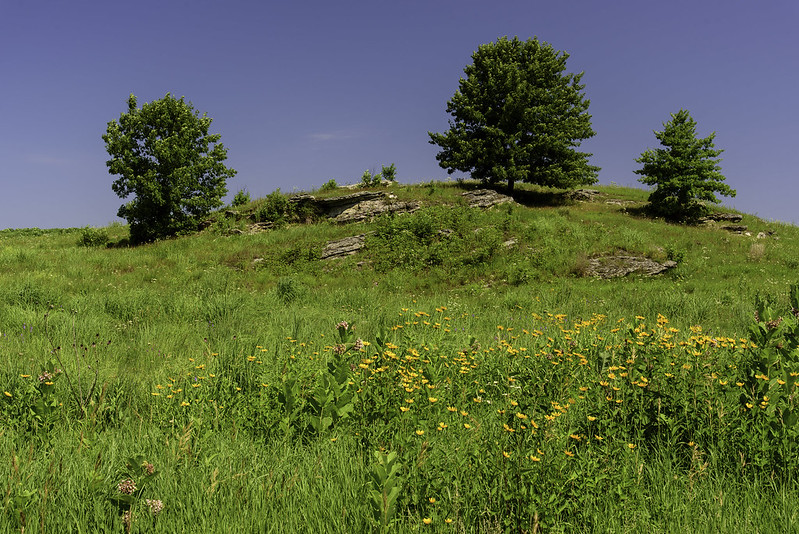
I never really thought of prairie as having rolling hills or rocky hills sprinkled around every so often, but this is real Illinois. I'll bet these rocky areas prevented people from farming them - and in doing so, kept them intact for the
Friends of Nachusa to preserve, restore, and share with everyone.
